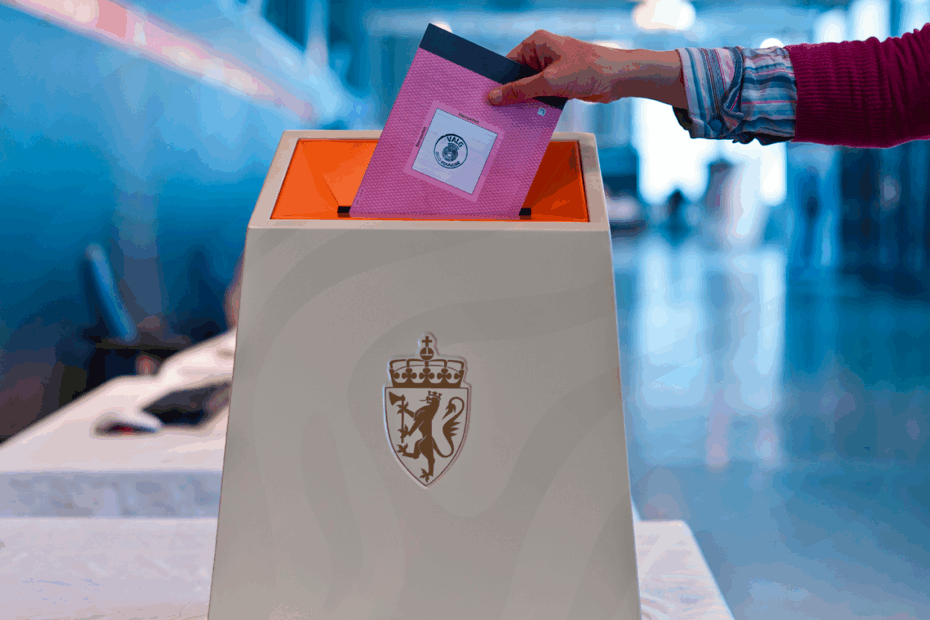Ali Mukhambet,
Lead Expert at the Department of European and American Studies,
KazISS under the President of the RK
On 8 September 2025, Norway will hold elections to its unicameral parliament, the Storting. The outcome will reshape the political balance of power and result in the formation of a new parliamentary coalition and government.
For Kazakhstan, these elections are of particular interest, as monitoring and analyzing electoral processes in Europe makes it possible to take into account political shifts in the region, forecast new foreign policy and economic priorities of partners, and adapt engagement strategies in a timely manner.
The results of the Storting elections matter for the further strengthening of cooperation with Norway, one of Kazakhstan’s longstanding partners in Europe. Relations between Astana and Oslo continue to expand both bilaterally and within international organizations, including the United Nations. At the same time, mutual trade has maintained positive momentum, with turnover rising by more than 5 percent since 2022 reflecting the steady growth of economic and business ties.
Under the current circumstances, Kazakhstan and Norway are set to steadily advance their cooperation in such strategic areas as agriculture, digitalization, aquaculture, mineral extraction, transport, and logistics. At the same time, the new priorities of Norway’s future government could provide additional momentum for progress in these fields.
To understand the possible scenarios for the formation of Norway’s next government, it is important to take into account the specifics of the electoral system and the political experience of recent years. Thus, the 169 members of the Storting are elected every four years through a system of proportional representation based on party lists. In the last parliamentary elections, 10 parties entered the Storting, with the Labour Party emerging as the winner. Earlier, the Centre Party withdrew from the ruling coalition due to disagreements with the Labour Party over energy policy, an unprecedented move in 25 years that resulted in the formation of a single-party government.
According to polls conducted in early August this year, the Labour Party has a good chance of regaining its leading position. Despite a degree of social discontent, the return of former NATO Secretary General Jens Stoltenberg to the post of Minister of Finance has significantly bolstered the party’s standing among voters. If the Labour Party wins, we can expect Norway ‘s further convergence with the European Union (of which the country is not a member).
At the same time, a victory by the Conservative Party or the Progress Party cannot be ruled out, as both continue to enjoy strong public support by centering their campaigns on migration and fiscal issues. Regardless of the eventual party configuration, the anticipated political changes in Norway are not expected to affect the momentum of Kazakhstan-Norway partnership.
In the event that a governing coalition is formed under the leadership of the Labour Party, new opportunities for Kazakhstan are likely to emerge in the fields of green energy and renewable resources. If the Conservatives or the Progress Party win, the focus may shift toward traditional energy sources.


